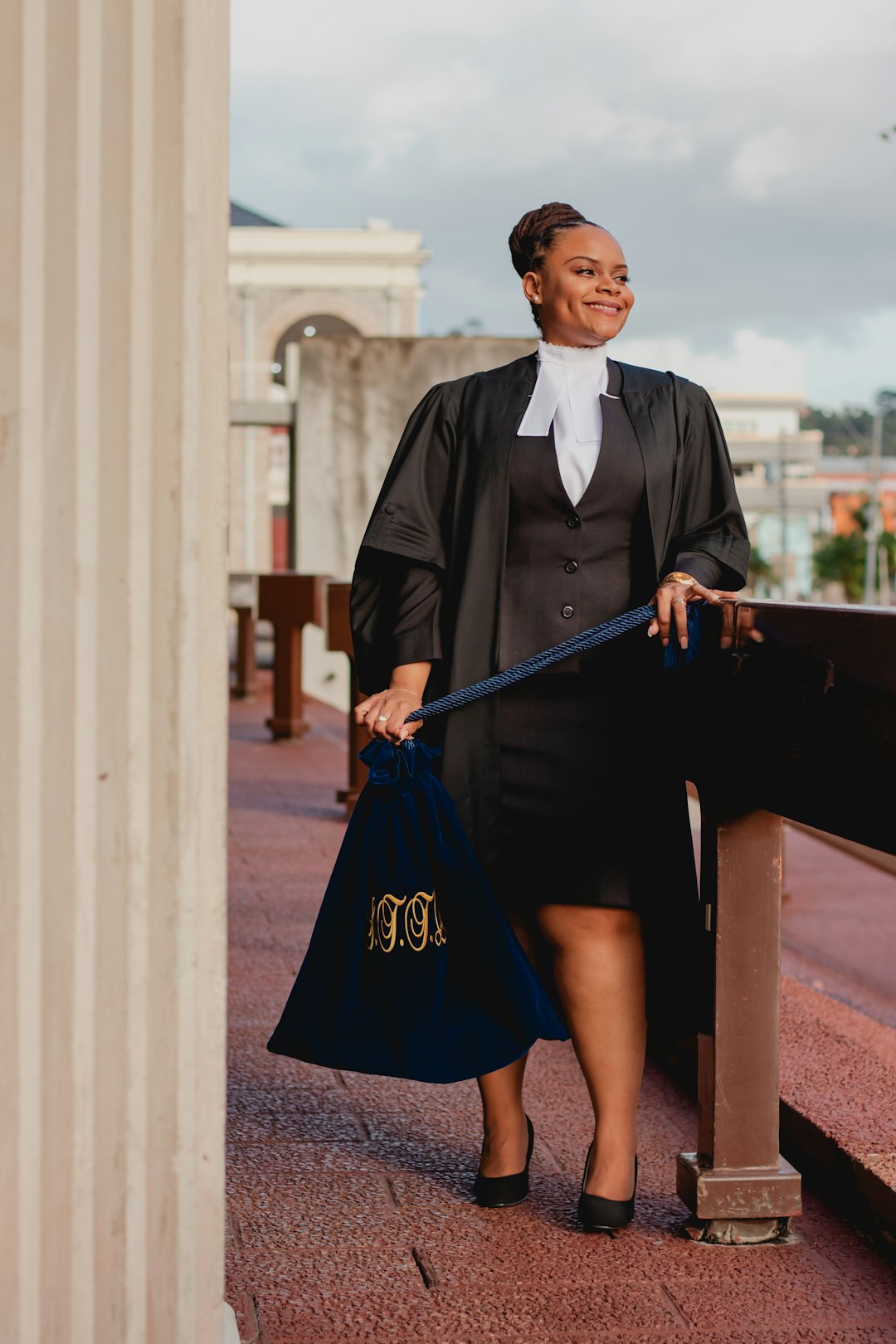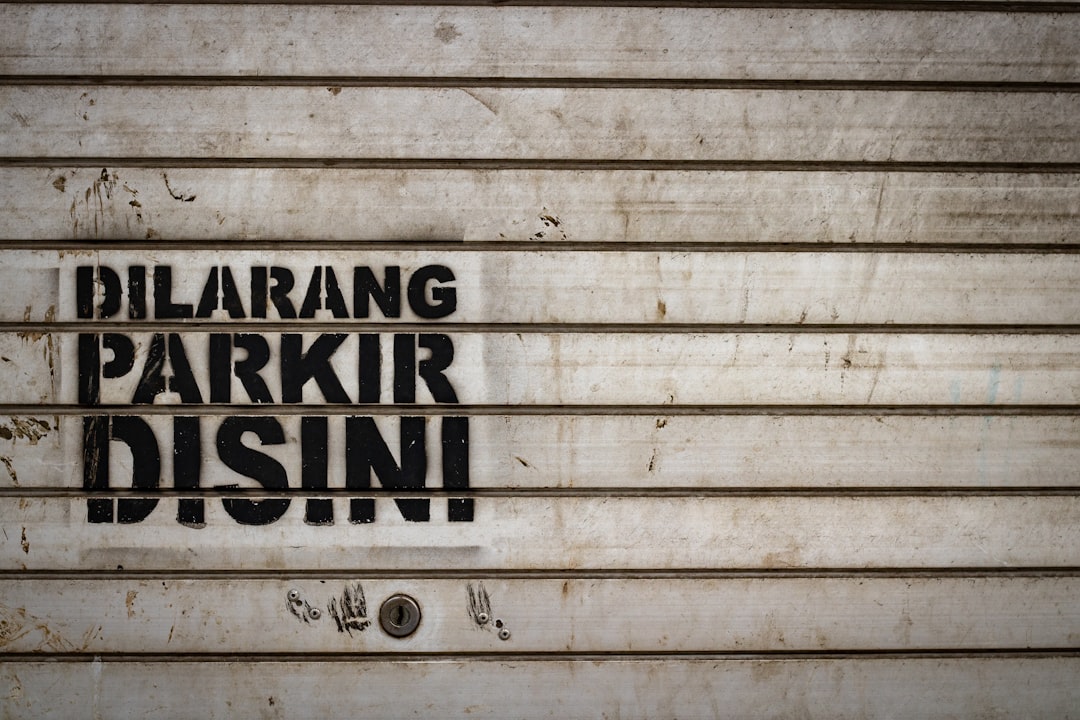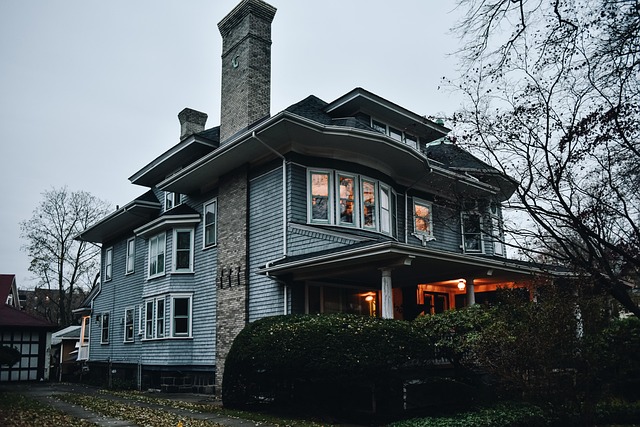Elderly sexual assault is a growing concern in New York, with high reported cases affecting individuals aged 60 and above. Isolation, cognitive issues, physical frailty, and power imbalances contribute to this issue. Elderly sexual assault attorneys play a crucial role in protecting victims' rights, seeking justice, and raising awareness. Family involvement, through open communication and education, is vital in prevention. New York offers resources like support groups, legal aid, and specialized training, encouraging families to create safe spaces, conduct regular check-ins, and use monitoring systems while respecting individual freedoms.
In New York, the issue of elderly sexual assault demands heightened awareness and proactive solutions. While often overlooked, family involvement is a crucial component in preventing such vulnerable seniors from becoming victims. This article delves into understanding the prevalence and risks of elderly sexual assault in the state, highlights the pivotal role families play in creating protective networks, and offers practical strategies for empowering loved ones and resources available to New York’s elderly sexual assault attorneys.
Understanding Elderly Sexual Assault: Prevalence and Risks in New York
Elderly sexual assault is a significant and often overlooked issue in New York, with a growing concern among healthcare professionals and advocates. According to recent statistics, the state has one of the highest rates of reported cases across the nation, highlighting the urgency for heightened awareness and prevention strategies. The vulnerability of elderly individuals makes them susceptible to exploitation, especially within their own communities.
The prevalence of sexual assault against seniors is not limited to specific demographics; it can affect anyone over 60 years old, regardless of gender or socioeconomic status. Risks include isolation, cognitive impairment, physical frailty, and the potential for abusers to take advantage of power imbalances. Elderly sexual assault attorneys in New York play a crucial role in advocating for victims’ rights, ensuring justice, and raising awareness about this sensitive topic.
The Role of Family: Building a Protective Network for Seniors
Family involvement plays a pivotal role in safeguarding seniors from potential risks, especially vulnerable populations who may be at higher chances of experiencing elderly sexual assault. In New York, where cases of such abuse have garnered significant attention, building a protective network within the family unit is a robust strategy to prevent and address these issues. Family members can serve as eyes and ears, watching for any concerning behaviors or changes in their loved ones’ routines and well-being.
Elderly sexual assault attorneys in New York emphasize that fostering open communication channels within families is crucial. Encouraging seniors to share their experiences, concerns, or suspicions openly with family members can help identify potential threats early on. Additionally, educating older adults about consent, personal boundaries, and safety measures empowers them to make informed decisions and potentially deter would-be perpetrators.
Strategies and Resources: Empowering Families and Preventing Abuse
In tackling elderly sexual assault, empowering families plays a pivotal role. Education and open dialogue are key; regular conversations about consent, personal boundaries, and potential risks can equip seniors to make informed decisions. Encouraging family members to learn about common manipulation tactics used by perpetrators can help them recognize and report suspicious activities. New York offers numerous resources for both families and the elderly, including support groups, legal aid organizations, and specialized training programs designed to enhance awareness and safety.
Elderly sexual assault attorneys in New York highlight the importance of proactive measures. Families are advised to establish safe spaces, ensure regular check-ins, and consider setting up monitoring systems, all while respecting individual freedoms. By combining education, communication, and access to resources, families can actively contribute to preventing elderly sexual assault, fostering a safer environment for their loved ones.





